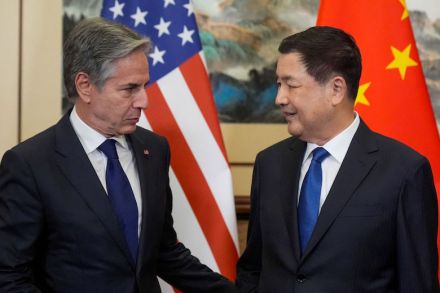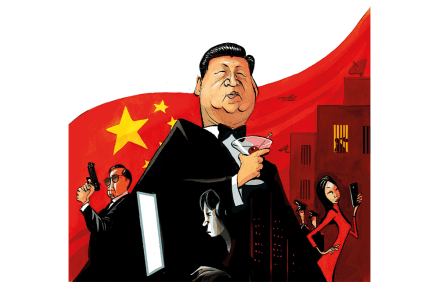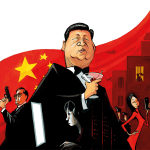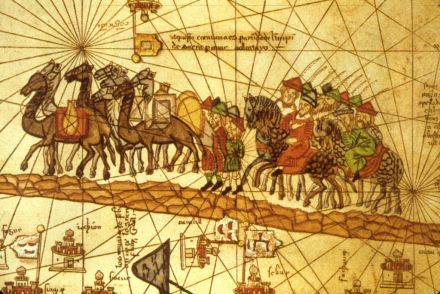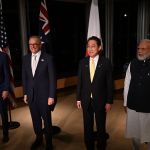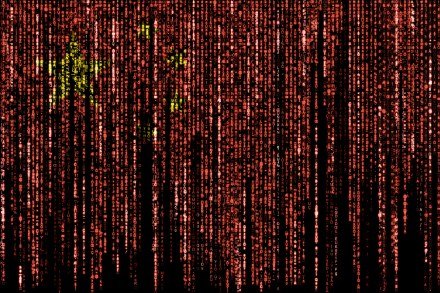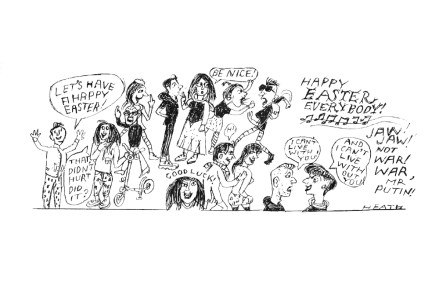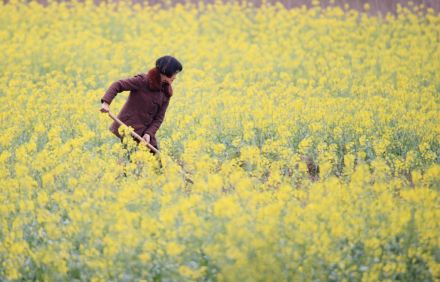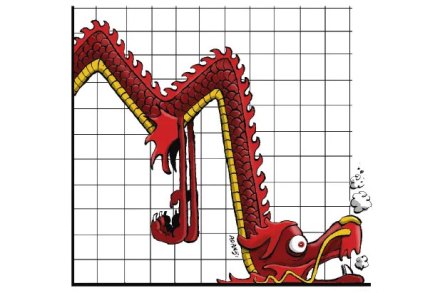Gangs of Tehran: how Iran takes out its enemies abroad
‘It was Friday afternoon, around 2.45. I came out of the house and was going towards the car on the driver’s side,’ Pouria Zeraati says casually. Zeraati – a presenter at the London-based TV station, Iran International – is recounting what was probably an Iranian state-sponsored attack. ‘I was approached by a man who pretended to be someone asking for £3. The second man then approached. They held me strong, very firmly, and the first person stabbed me in my leg.’ The Iranian regime is reshaping the murder-for-hire market in the US and parts of Europe Zeraati is talking on his first day back at work since he was knifed










